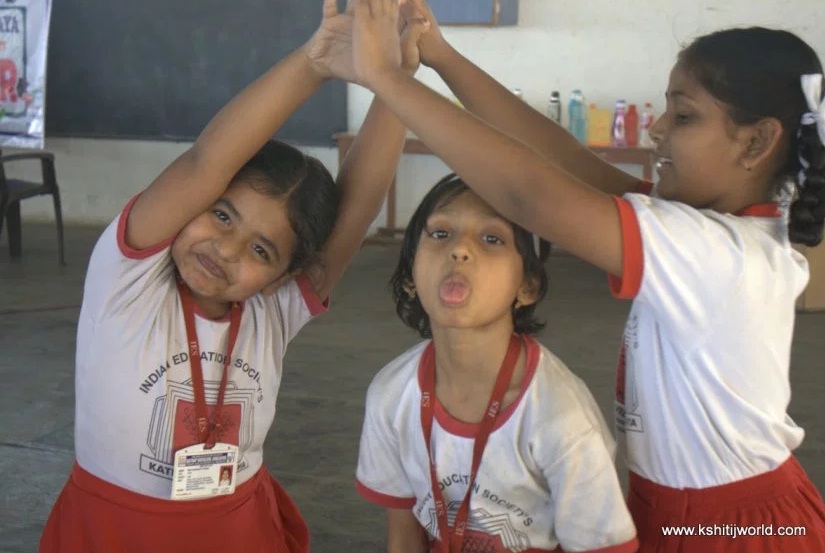Every parent wants his/her kid/s to be ‘happy’. Their well-being, both
in the present context and the future, is of the supreme concern to
them. But how do we know if we are raising happy kids?
As a 21st century parents, many of us often feel proud about raising
smart kids who can walk and talk technology. Easy availability and
accessibility of smart gadgets also mean that we don’t have to slog it
out with them to teach basic school things and experiments.
With the coolest ever generation of parents that initiate them to the
social media world at a very young age itself, they couldn’t ask for
more. But, amidst all this, the real question is- “are they really
happy?”
Knowledge can be gauged in quantifiable terms to a certain extent, the
same is not true for happiness. While our kids may be tech-savvy and
pro-at swiping on the gadgets, they are not pro at handling real-life
issues. The scintillating, vast expanse of virtual world have dwarfed
their real-life into insignificant shadows. This is perhaps the reason
why issues like low self-esteem, depression, ADHD are on the rise
amongst this generation.
‘What’s in the best interest of the children’ and ‘what makes them
happy’ often become a conundrum baffling many parents. But the problem
isn’t as difficult as we sometimes make it to be.
Raising happy kids is like an art, a way of life. There aren’t any
rules or prescriptions, just new perceptions, a willingness to learn,
unlearn and re-learn. These are just a few ways in which we can make
small beginnings towards ensuring our kids learn to be happy, learn to
find happiness in hitherto unknown things and ways:
• Be happy yourself– Charity begins at home. Be happy yourself
first, and it’ll soon start reflecting outwards in your family. Family
time like dinners or a game of Ludo is a perfect way of feeling happy
and making your kids feel the same too.
• Pack your bags and step out in the real world– There is no better
way to happiness than by travelling and exploring this beautiful world
• Teach them life-skills– This is a corollary to the previous point
about travelling and exploring the real-world. Nature-trips or
adventure trips give them a new horizon to learn things like focus and
self-control, critical thinking, perspective taking, communicating,
making connections, and taking decisions.
• Appreciate efforts– Appreciating effort is any day more important
than rewarding results.
• Let them be kids
Well, as we said above, these are no prescriptions. Parenting doesn’t
have a manual. Each child is unique, and every parent needs to find
ways that work for their family.
At Kshitij, we endeavor to give children and parents an alternative
world of experiential learning, breaking free from the world of
gadgets. By creating interesting, joyful and meaningful experiences,
we help children discover happiness from within themselves. This not
only makes them more skilful and capable as individuals but also
enables them to discover different facets of their own personality,
making them more complete as individuals.





